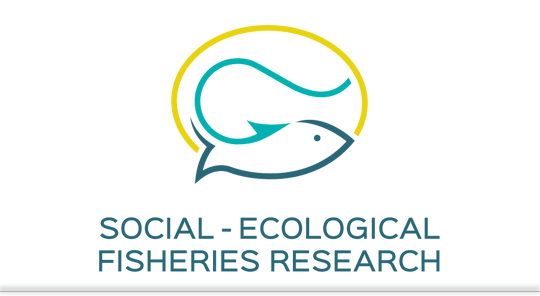In this study, we explored the growth, survival, and potential population-level effects of short-term experimentally induced stress in largemouth bass (Micropterus salmoides). Cortisol implants [50 mg·(kg body mass)–1] were used to increase circulating stress hormones in a group of wild fish in a research lake for ~6 d in June 2007. Through mark- and recapture, we compared survival, growth, and plasma biochemistry of cortisol-treated, sham-treated, and control fish at liberty until October 2007. Cortisol-treated fish displayed persistent growth rate depression compared with other groups. However, neither plasma biochemistry nor mortality rates differed among treatments. In a complementary study, we found that the standard metabolic rates (SMR) of cortisol-treated fish were higher than control fish ~56 h following treatment. Bioenergetics modelling revealed that a transient elevation in SMR alone was insufficient to explain the observed growth depression. Finally, we constructed a simple population model to explore the potential consequences of growth depression. We found that a 10 % reduction in population growth rate is conceivable when 39 % of the population experiences a stress causing the growth rate depression documented in this study. Our study is novel in highlighting that individual and potentially population-level growth depression can result from a single stress event of short duration.
The consequences of short-term cortisol elevation on individual physiology and growth rate in wild largemouth bass (Micropterus salmoides)
Peer-reviewed

O’Connor, C. M., Gilmour, K. M., Arlinghaus, R., Matsumura, S., Suski, C. D., Philipp, D. P., Cooke, S. J. (2011). The consequences of short-term cortisol elevation on individual physiology and growth rate in wild largemouth bass (Micropterus salmoides). Canadian Journal of Fisheries and Aquatic Sciences, 68, 693-705
Published
: 2011
Appeared in
: Canadian Journal of Fisheries and Aquatic Sciences, 68, 693-705
